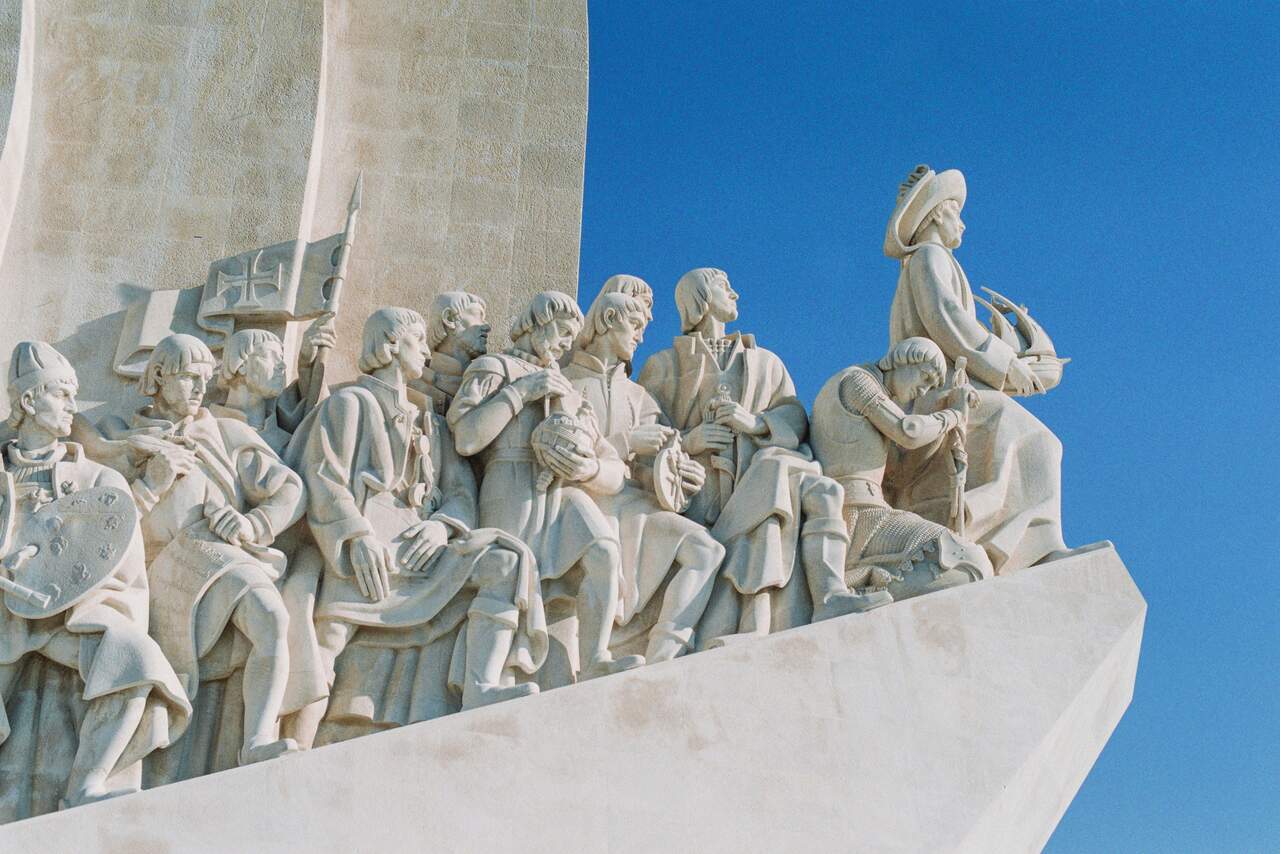
The Longest Spanish Names That You Won’t Believe Exist
DATE:
When it comes to names, the Spanish language doesn’t hold back. Ever wondered what the longest Spanish names are? You’re in for a treat! Spanish naming conventions are not just about labels; they tell stories of heritage, identity, and family history. Let’s dive into the fascinating world of Spanish names and explore their depth and significance.
The Art of the Long Name: Spanish Naming Conventions
Given Names
In Spanish culture, just like in English, people have a first name. Common first names include Maria and Juan. These names are often chosen for their simplicity and cultural significance, and they typically honor religious figures or family traditions.
Middle Names
Unlike in English-speaking cultures where middle names are often a mere formality, in Spanish naming conventions, middle names are commonly used and hold significant importance. For example, in the name Juan Carlos, Carlos is the middle name. Similarly, in Maria Teresa, Teresa serves as the middle name. These middle names frequently honor relatives or saints, adding to the length and richness of Spanish names.
Surnames
One of the most distinctive aspects of Spanish names is the use of two surnames, or apellidos. Traditionally, individuals take the first surname from their father and the second from their mother. This practice, deeply rooted in genealogy, preserves family lineage on both sides, creating a unique blend of heritage in every name.
The Longest Spanish Names: A Roll Call of Record-Holders
Male Names
One of the longest male Spanish names recorded is Pablo Diego José Francisco de Paula Juan Nepomuceno Crispín Crispiniano María Remedios de la Santísima Trinidad Ruiz Picasso. Yes, that’s Pablo Picasso’s full name! Each part of this name carries a piece of family history, religious devotion, or personal significance.
Another notable example is Simón José Antonio de la Santísima Trinidad Bolívar Palacios Ponte y Blanco. This is the full name of Simón Bolívar, the famed liberator of several South American countries.
Female Names
Similarly, female names can be just as extensive. A notable example is Maria del Pilar Teresa Caiphas Cayetana Alvina Dolores Rita Juana Rita. She was a member of Spanish nobility, known for her charitable work and dedication to various religious causes. Each name segment is a tribute to various saints, reflecting deep religious and familial ties.
Another remarkable example is Maria de la Concepción Marcela Arguello. She was a prominent figure in early California history, known for her role in the social and cultural life of the Spanish colonial period.

The Longest Spanish Surnames: Tracing Family Histories
Origins and Meanings
Long Spanish surnames often have rich histories and meanings. Names like Fernández de Córdoba or García de la Vega tell stories of geographical origins, occupations, or notable ancestors. These surnames serve as a living record of Hispanic heritage, tracing back generations.
Geographical Distribution
The distribution of long Spanish surnames can vary significantly. Names with noble connotations or historical significance are often more prevalent in certain regions. For example, surnames with de la or del are frequently found in areas with deep aristocratic roots.
The Cultural Significance of Long Names
Family Heritage
Long names are a testament to family heritage and pride. They encapsulate the essence of one’s lineage, preserving the memory of ancestors and maintaining a connection to family history. This practice is a beautiful reflection of the importance of family in Hispanic culture.
Social Status
In the history of the Spanish Language, long names were often associated with nobility and higher social status. Having multiple names and surnames could signify a well-documented family tree, highlighting a person’s prestigious background.
Living with a Long Name: Challenges and Advantages
Pronunciation Challenges
One of the most apparent challenges of having a long Spanish name is pronunciation. Names with multiple syllables and intricate combinations can be difficult for others to pronounce correctly, leading to frequent mispronunciations.
Administrative Hassles
Another significant challenge is the administrative aspect. Filling out forms, fitting names into ID cards, and dealing with official documentation can become cumbersome when names are exceptionally long.
Unique Identity
On the flip side, long names offer a unique identity. They stand out and often come with interesting stories and a rich cultural backdrop. Having a distinctive name can be a source of pride and a great conversation starter.
Where to Find More Information
For those interested in diving deeper into the world of Spanish names and genealogy, there are numerous resources available. Genealogical societies, historical records, and dedicated websites can offer extensive information on family histories and naming conventions.

Embrace Your Heritage with SpanishVIP
Long Spanish names are more than just a collection of words; they are a testament to one’s heritage and identity. If you’re fascinated by the intricacies of Spanish names and want to learn more about the language and culture, SpanishVIP is here to help. Start with a free 1:1 class or enjoy a free 7-day trial of our group classes to dive into the beauty of the Spanish language with our Dedicated Teachers and Student Success Advisors. Embrace your heritage, and let your name tell its story!n us and find out which Spanish name resonates with you!








